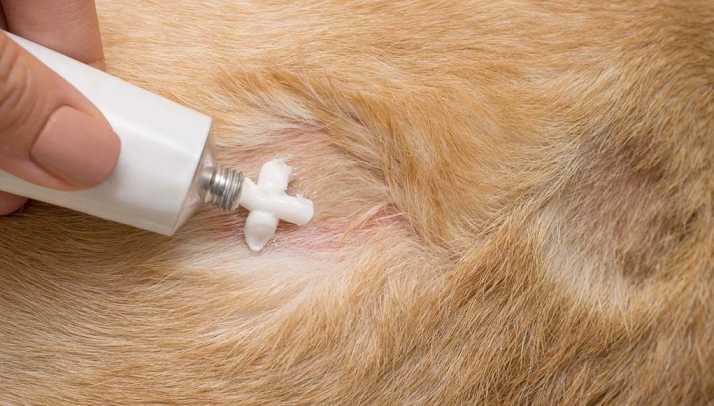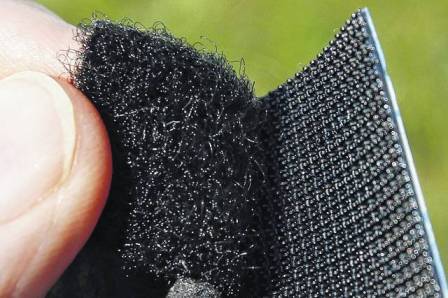Connect with a verified veterinarian in minutes. Licensed vets are available 24/7 to answer your questions. No need to worry about your furry family member.
Don’t you just love to go out in the garden and enjoy your flowers and plants? Nothing is more relaxing or beautiful than a well-tended garden! However, gardens can be dangerous for dogs. Dogs have a tendency to eat different plants, such as the Arrowhead plant. But what happens if a dog eats an arrowhead plant?
Has your dog eaten arrowhead plant? Are you worried the arrowhead plant will make your dog sick? If so, you’ve come to the right place. We understand it can be scary when your dog eats something like this.
We’ve put together information about the arrowhead plant and whether it can make a dog sick. Let’s get started!
What is Arrowhead Plant?
The arrowhead plant also is a popular houseplant that grows as a vine. They can be used in flower pots and hanging baskets to add some beautiful greenery. The arrowhead plant (Syngonium podophyllum) is a semi-tropical plant that grows natively in parts of Mexico & South America. They are usually sold as indoor plants; however, they can also grow outside in the right climate.
In their natural environment, the plants are found under a forest canopy. They have variegated leaves of yellow and green and do best in shady areas.
Sometimes dogs will eat these plants. But can the arrowhead plant make a dog sick?
Arrowhead Plants & Dogs
Unfortunately, arrowhead plants are toxic to dogs. The plants carry calcium oxalate crystals. When eaten, the crystals can cause quite a bit of pain and irritation in the mouth and digestive tract. Every part of the plant is poisonous to dogs.

Review symptoms, medications & behavior to keep your pets healthy with a Vet Online in just minutes.
Ask a Vet Live NowSymptoms of Arrowhead Plant Toxicity in Dogs
You may notice these symptoms if your dog has eaten some arrowhead plant:
- Diarrhea
- Dilated pupils
- Difficulty swallowing
- Excessive drooling
- Labored breathing
- Loss of appetite
- Numbness of the exposed areas
- Airway obstruction
- Swell of the lips/tongue
- Vomiting
- Vocalization (from the pain)
- Hoarse barking
If you notice these symptoms in your dog, call the vet immediately. This is an emergency.
Be sure to let the vet know what plant your dog has eaten and about what time this happened. Try to see if you can determine how much of the plant the dog ate. All of this information can help the vet.
Treatment can be involved; however, the key is getting your fur baby to the vet ASAP. Your dog may need an IV for fluids and to administer medications. He may also have to be hospitalized for a time until he’s stabilized and ready to come home.
The prognosis is best for dogs who have prompt medical treatment. So, don’t wait around—be sure to call the vet and get your dog there ASAP.
Connect with a verified veterinarian in minutes. Licensed vets are available 24/7 to answer your questions. No need to worry about your furry family member.

Julie
Julie is a graduate of the University of North Carolina, Wilmington, where she studied Animal science. Though contrary to the opinion of her parents she was meant to study pharmacy, but she was in love with animals especially cats. Julie currently works in an animal research institute (NGO) in California and loves spending quality time with her little cat. She has the passion for making research about animals, how they survive, their way of life among others and publishes it. Julie is also happily married with two kids.
Review symptoms, medications & behavior to keep your pets healthy with a Vet Online in just minutes.
Ask a Vet Live Now





